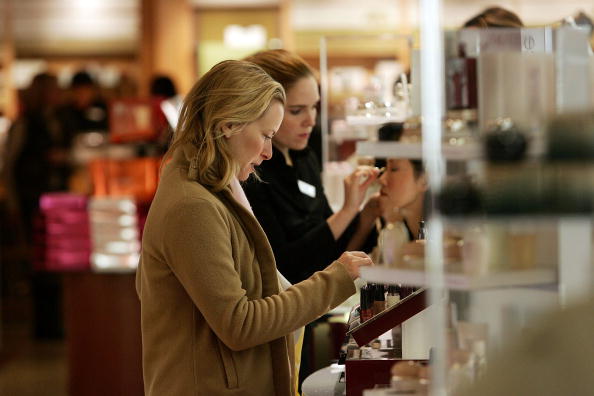
A new study tends to contradict what many believe about parabens: they can actually be harmful to the body even at low doses.
Researchers from the UC Berkeley led by adjunct associate professor and molecular biologist and gynecologist Dale Leitman have discovered that parabens may increase the risk of breast cancer when they interact with other cellular growth factors.
Parabens are a common ingredient among many beauty care products from shampoos to mascaras. As a preservative, they help increase the shelf life of the product and prevent the growth of microorganisms such as fungus, especially when containers are placed and used in moist environments like the bathroom.
This type of ingredient has been used for more than 65 years, but in recent times, its safety has been questioned, beginning with the Philippa Darbre's study that showed parabens had been detected in certain breast cancer tissue samples.
Many studies reveal that parabens are xenoestrogens since they tend to mimic the production of estrogen, which can increase breast cancer risk. Other health experts claim that the effects of paraben to health may be weak. However, for the UC Berkeley team, it could be because there's something amiss with the chemical safety tests.
According to them, the present tests performed by manufacturers only take into consideration the effects of paraben in isolation. They excluded the possible effects of the ingredient once they combine with other preservatives and cellular growth factors, which is how things work in the real life.
For the study, the team worked with HER2 receptors, the abundance of which is linked to at least 25% breast cancer cases. This receptor speeds up the proliferation of cancer cells, making the disease more aggressive than other forms of cancer.
The team activated the receptor by adding heregulin, a growth factor that is normally produced by breast cells, and exposing the receptor to parabens.
In the analysis, they discovered that parabens activate the estrogen receptors, but, when compared with no heregulin, parabens also stimulate the growth of breast cancer cells with HER2 receptors even at concentrations that were over 85 times lower.
The study's results may force manufacturers and other researchers to reconsider their safety tests and the contribution of paraben to the development of breast cancer.
The research is now available in Environmental Health Perspectives and is funded by California Breast Cancer Research Program.
